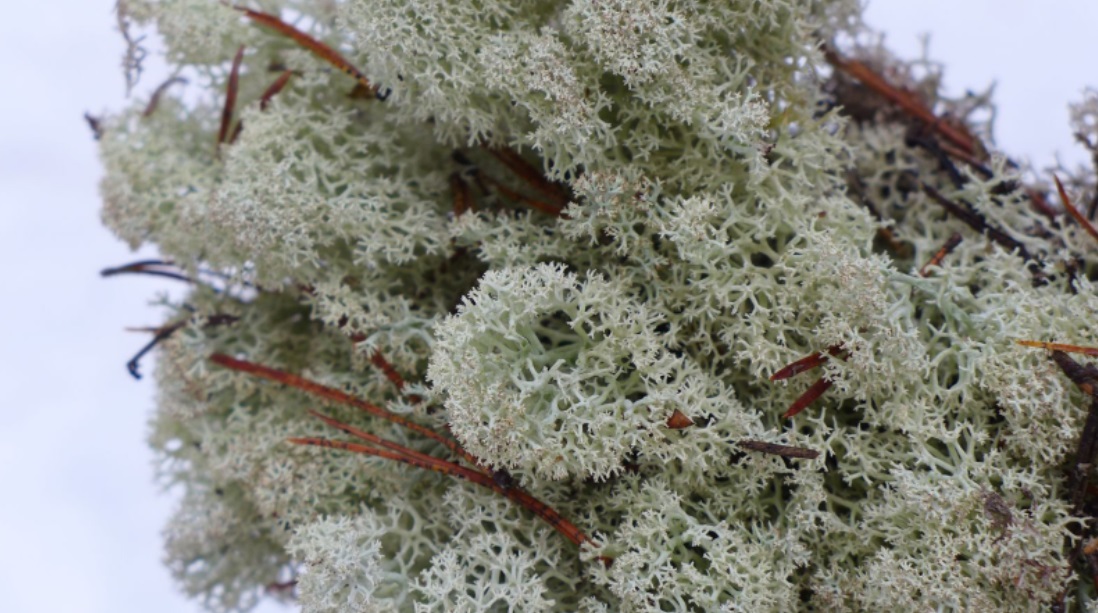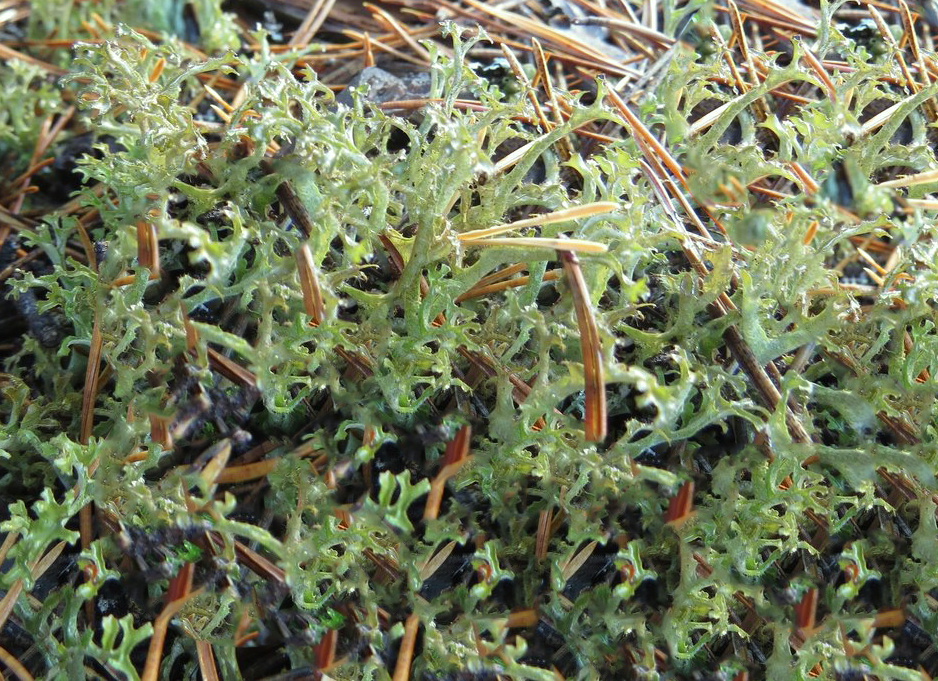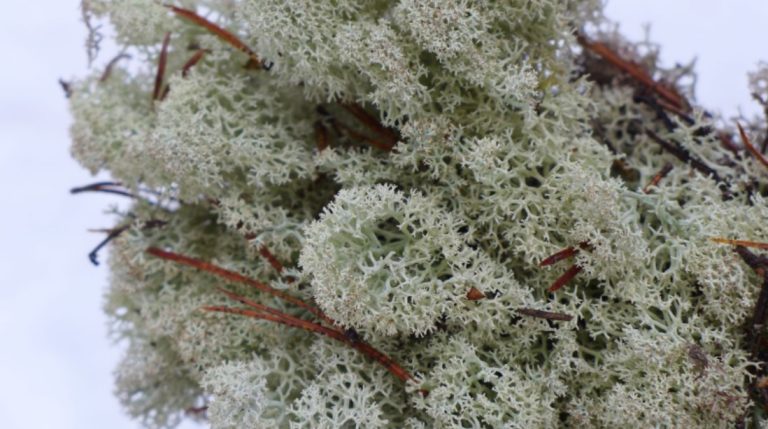Irish moss is a type of red algae that was originally found mainly in northern Europe. Recently, the traditional remedy Irish moss has become increasingly popular as a superfood. Here you can find out what’s behind it.
Irish moss is also known by the names sea moss, seaweed or the Latin name Chondrus crispus. The red alga is widespread along the coasts of Northern Europe and is a traditional remedy in some coastal regions.
In recent years, Irish Moss has also gained popularity as a dietary supplement away from the coastal regions.
strengthens the immune system
promotes digestion
improves the complexion
strengthens the joints
has an anti-inflammatory effect
boosts metabolism
For example, you can get Irish Moss online dried and ground as a powder, pills or drops. The powder is particularly suitable as an additive for pudding and the like, as it has a binding effect due to the thickening and gelling agent carrageenan.
Irish Moss: What is known about the health effects?
However, it has not been proven whether the promises are justified. There are too few studies on Irish moss for that – especially no clinical studies on humans.
Consequently, there is also no reliable information about
possible side effects,
the optimal dose of Irish Moss,
Drug interactions and
contraindications. A contraindication is a specific circumstance (e.g. pregnancy or an illness) in which you should not take the drug or food.
Basically, according to the consumer center, algae such as Irish moss often contain a lot of nutrients such as omega-3 fatty acids, minerals (especially iodine) and fiber. However, depending on the location, time of harvest and processing, the content of these ingredients can vary greatly.
In this context, the consumer advice center warns that algae often have high heavy metal residues and sometimes a lot of iodine. The Federal Institute for Risk Assessment (BfR) also warns of the latter. In a BfR study, some algae preparations contained many times the recommended daily dose of iodine. An overdose of iodine is particularly dangerous for people with impaired thyroid function: the consumer advice center recommends that these people completely avoid products made from algae such as Irish moss. Healthy people should only buy products that indicate the iodine content and recommended consumption.
Is Irish Moss recommended?
Since very little is known about the effects of Irish Moss, it’s best to avoid it. If you buy products with Irish moss, make sure that the iodine content and a consumption recommendation are given. However, this does not protect you from residues of toxic heavy metals.
As the consumer center writes, Irish Moss is grown for commercial use primarily in the Philippines. The way from there to Germany is very long and therefore associated with high CO2 emissions. However, there are also some seaweed farms in Northern Europe that grow Irish Moss. It is therefore better to use regional products.
In principle, you do not need any dietary supplements if you eat a varied diet – this is also how the German Society for Nutrition (DGE) sees it. If you suspect a nutrient deficiency, you can have it checked at a doctor’s office. If in doubt, doctors or nutritionists can then prescribe dietary supplements for you.
Vegans in particular like to use algae preparations because they contain omega-3 fatty acids and iodine. However, you can also obtain both substances from other foods:
Omega-3 fatty acids are found, among other things, in flaxseed and walnuts and the corresponding oils.
To absorb enough iodine, you can use iodized salt.





